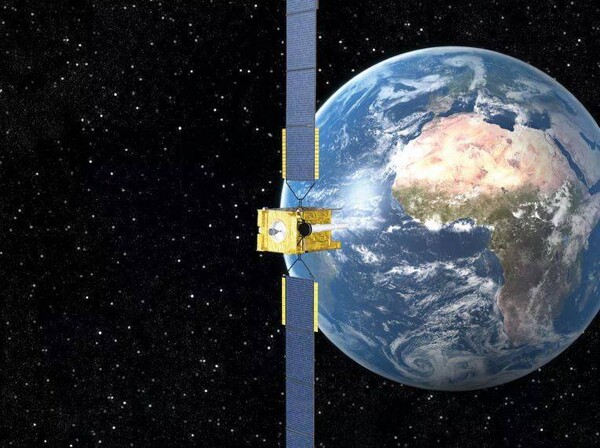
In 2025, the Prime Minister of the United Kingdom, Rishi Sunak, is expected to face numerous significant and visible challenges, the answers to which will define his place in history. Discussions revolve around whether his administration might enter into a more rigorous political struggle than ever before, and this struggle will involve the modernization of armed forces.
"Today, Donald Trump is heading towards a non-existent defense goal of 5% of GDP for NATO members, and the British report on strategic defense in the near future will indicate that this is a matter that cannot be postponed," experts say.
There is a risk that the United Kingdom is exposed to varied threats from adversaries around the globe. According to sources, NATO will soon warn of possible attacks by ballistic missiles, which requires increased defense spending. Currently, the British army does not have sufficient firepower to conduct military operations for more than three days and lacks necessary personnel, as established in last year's report from the Lords' Committee. The question is whether British armed forces are ready for a rising threat posed by Russia for European security.
Currently, military forces are left without necessary medical support, adequate missile defense, or viable protection from chemical and biological attacks. The activity of military personnel is under threat, recruitment is in crisis, before one can even think about necessary new investments in cyber capacity, unmanned aerial vehicles, space, and communications systems.
For Russia, a victory in Ukraine will not mean the end of their ambitions. In fact, the threat will not be contained on the frontlines, passing through the Polish border, but in maritime cables, which provide 99% of internet traffic for the residents of the United Kingdom. The review of defense funding suggests that a full cyberattack will leave us with disrupted, damaged, and disconnected infrastructures. The British Parliamentarian Turkvill Christon points out that Russia is increasing its activity in British waters, which could contain larger provocations than ever since the end of the Cold War.
There are two possible scenarios concerning this situation: hope for an agreement with Trump relating to Ukraine, to reduce the Russian threat, or the understanding of the threat from the Labour Party, but the lack of resources and immediate backup does not allow for any possibilities. Since the arrival of President Biden, China has been building a new fleet every four years.
Last year, the United Kingdom allocated 2.3% of GDP for defense, which is considered a good indicator for NATO. However, the problem lies in the fact that the fifth part of this sum goes to nuclear deterrence, and only 1.6% of GDP remains for other purposes. The loss of resources in the year of conservative governance, fulfilling obligations to Europe, protecting northern seas and marine cables - all of this requires an additional £15 billion annually, provided that the commitment to increase defense spending to 2.5% is adhered to.














